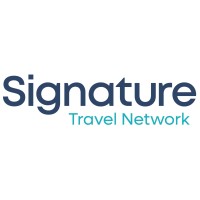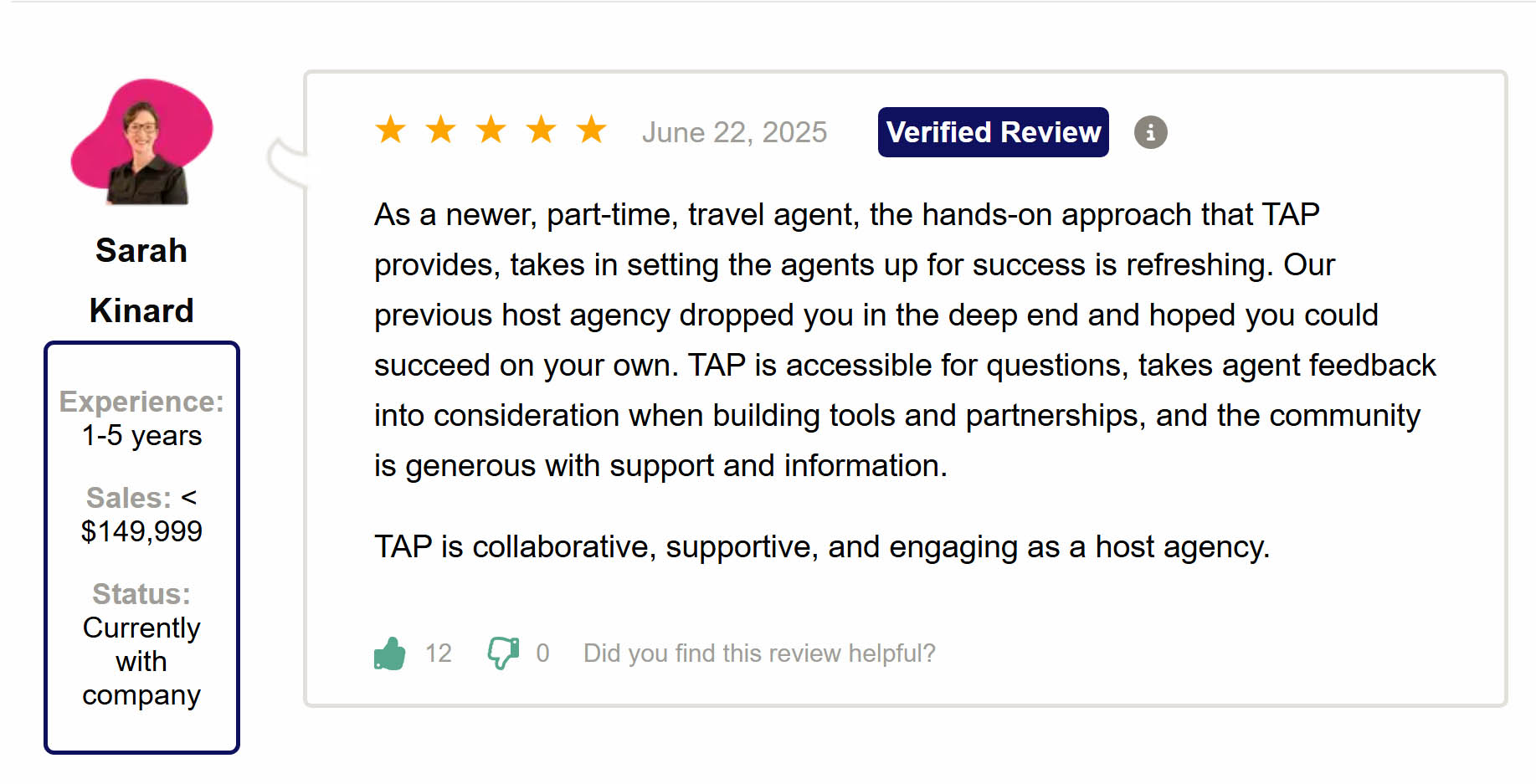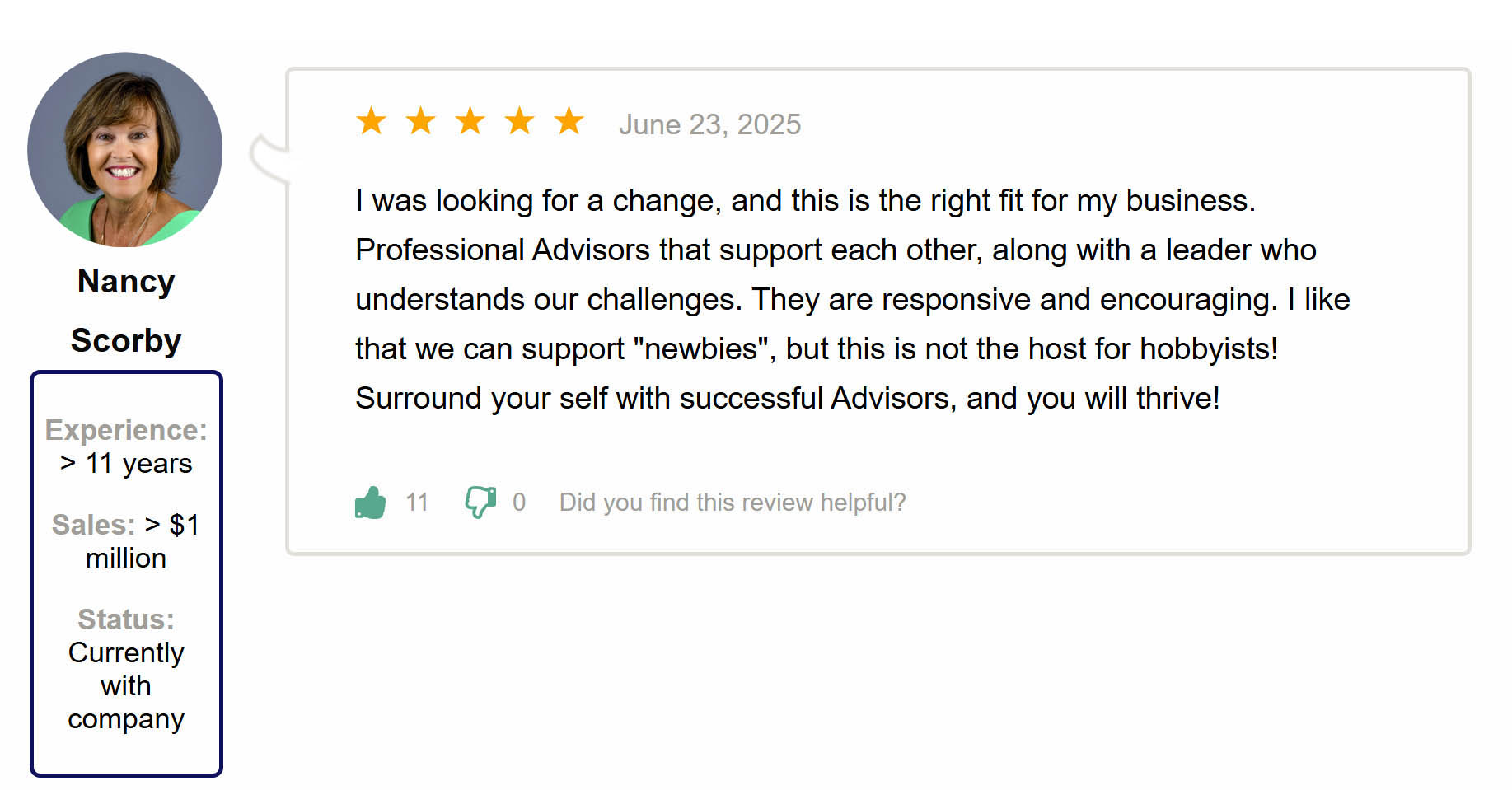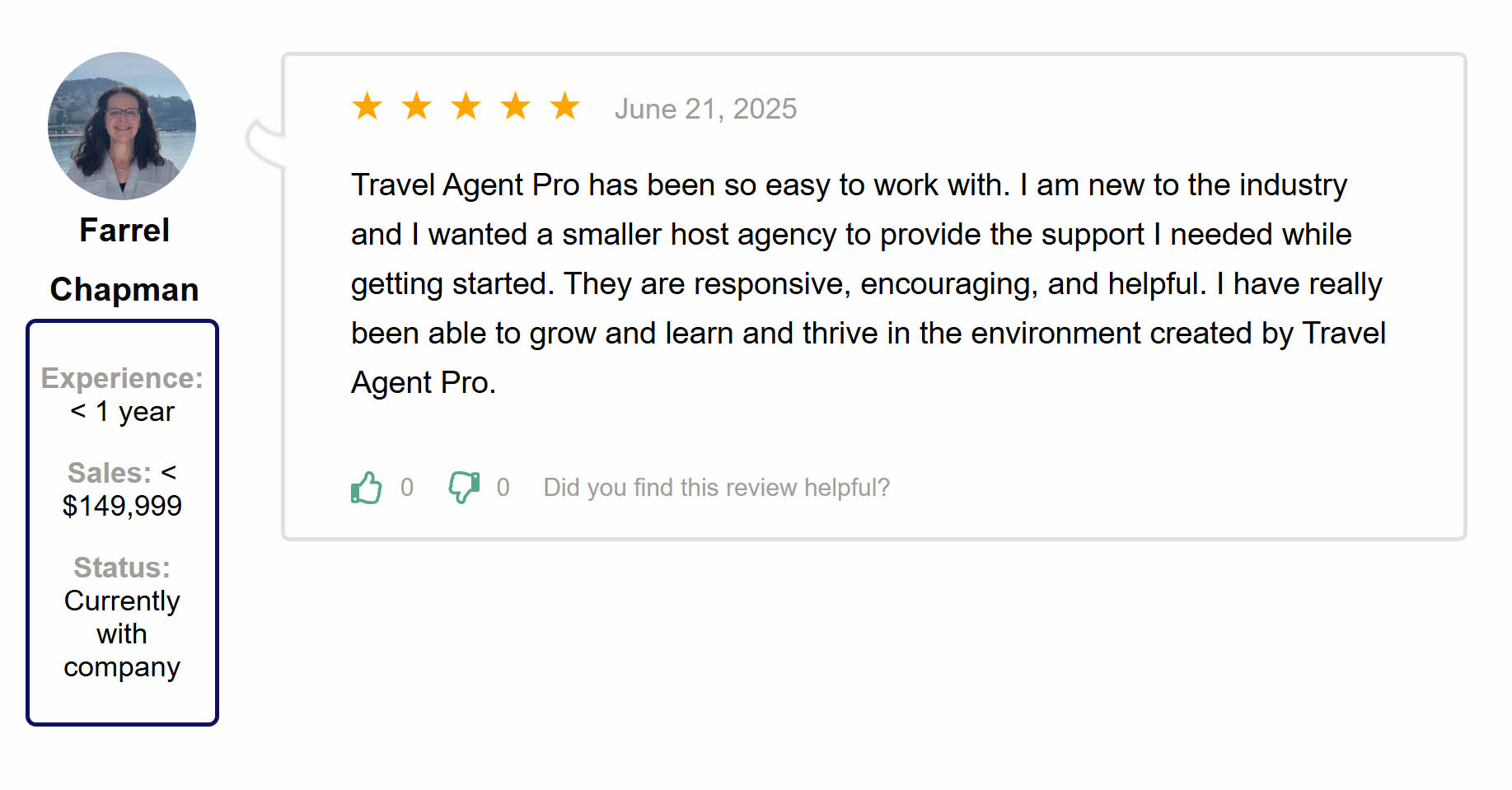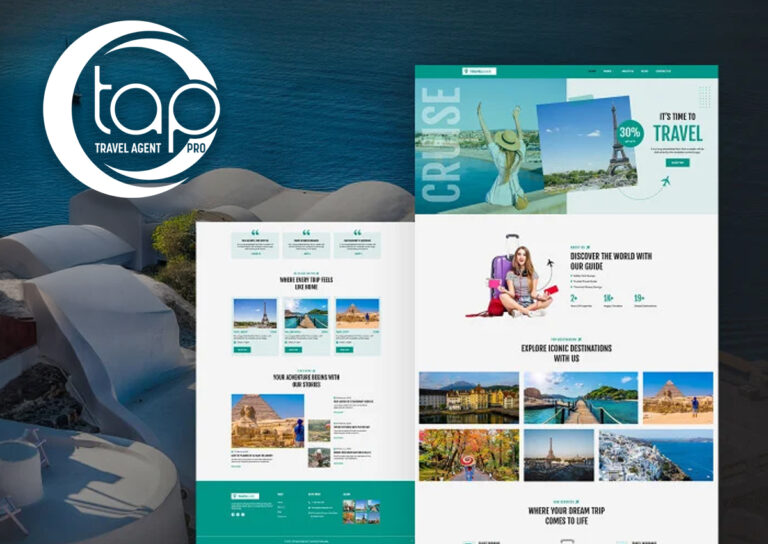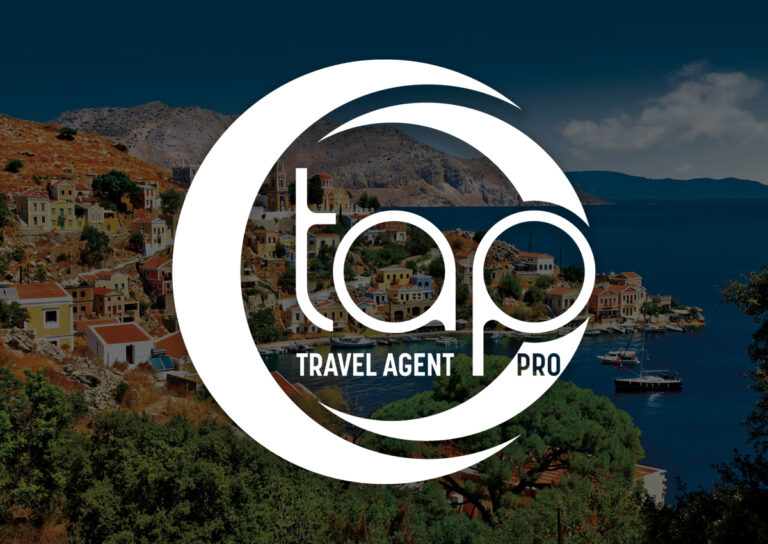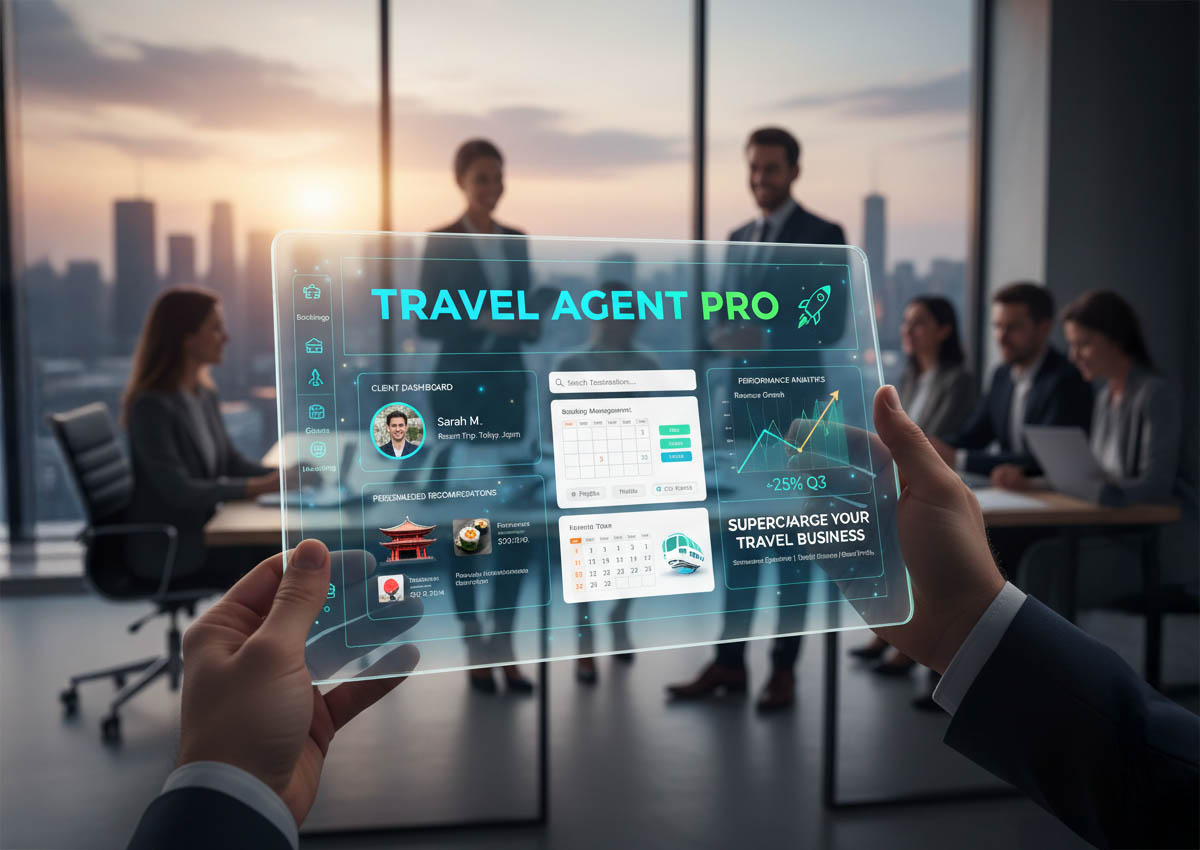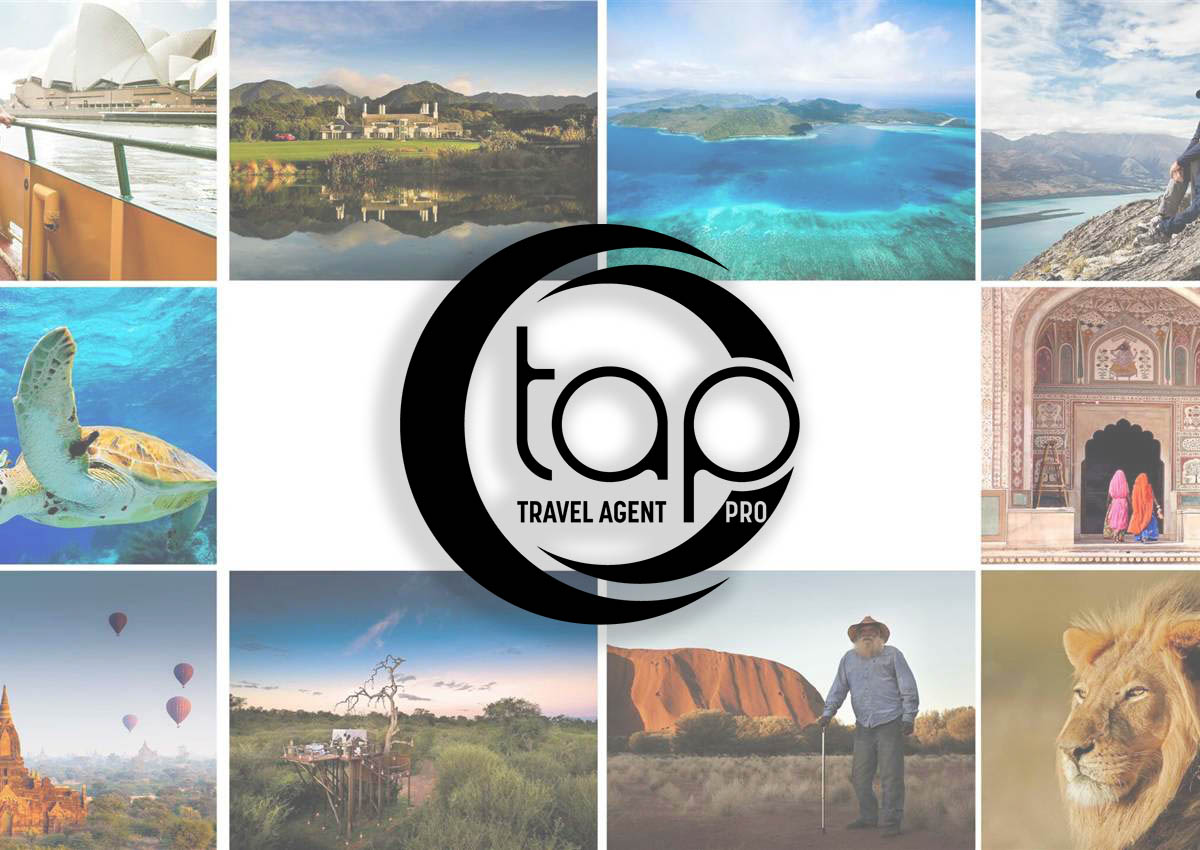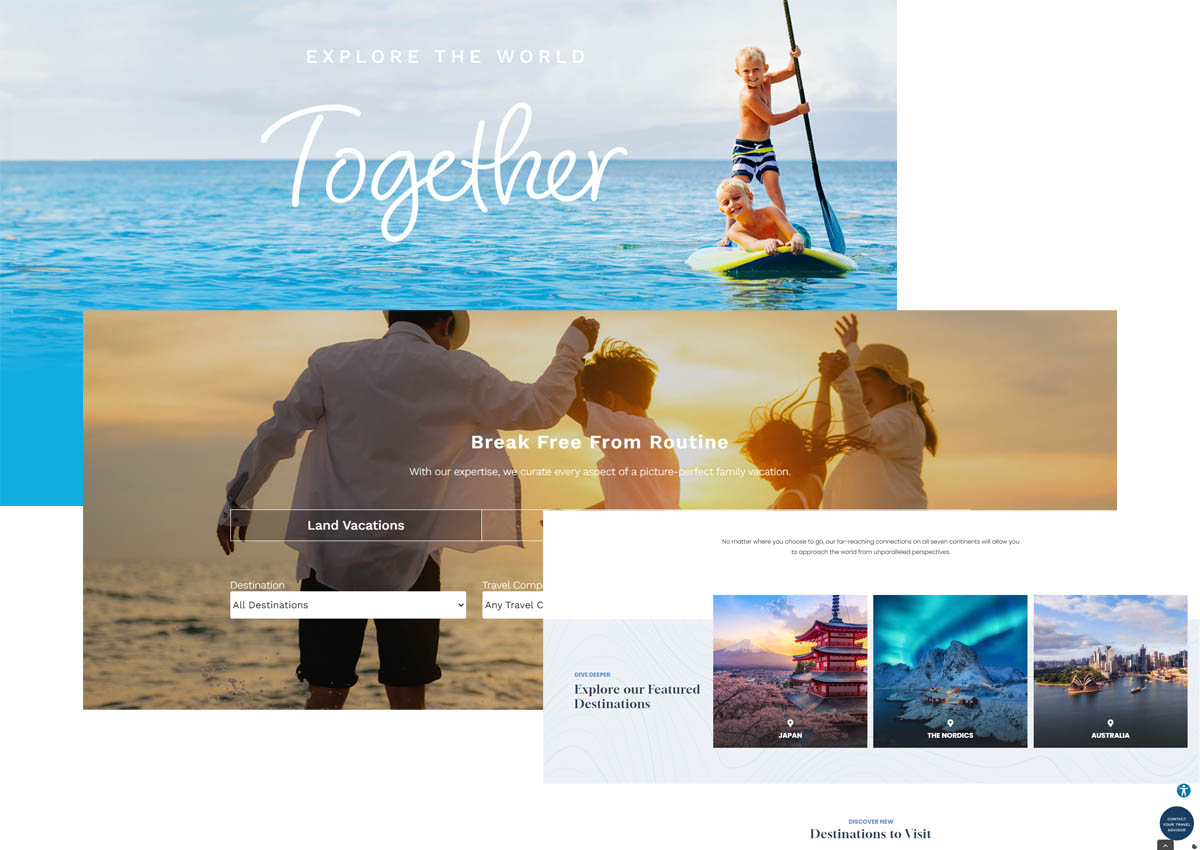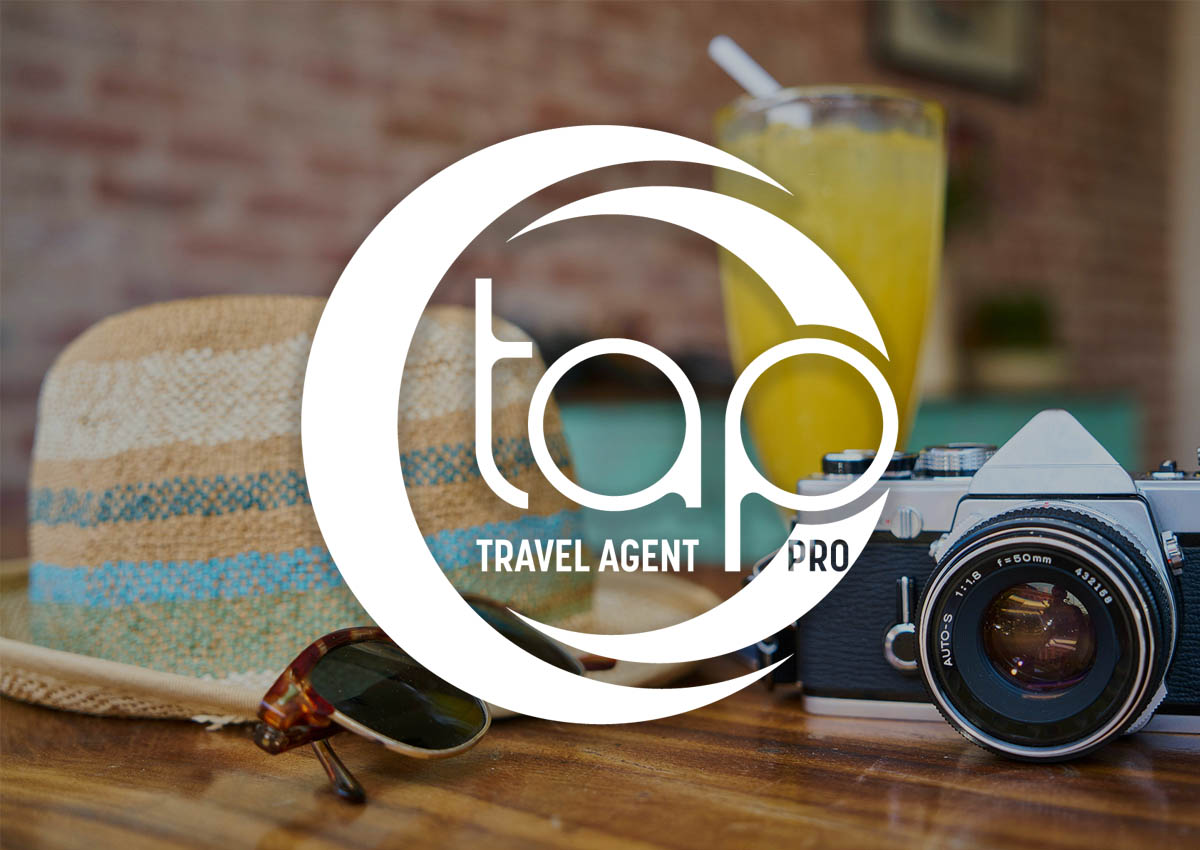Tags :
MarketingBecome a Better Digital Marketer
To learn more techniques and how to create and grow your own travel business, sign-up to become a member today!

- Unlock your potential as a travel agent by mastering digital marketing strategies.
- Gain access to automated marketing tools and a comprehensive support system with Travel Agent Pro.
- Learn the core principles of effective marketing and how to apply them to your travel business.
Travel agents are on the rise. More and more agents are marketing themselves online. It's never too late to start!
Just yesterday, the US saw the busiest day of air travel in its ENTIRE history.
More than 2.9 million people were screened at airports across the United States.
What do all these folks need? Travel agents!
What is TravelAgentPro?
We're going to help you become a better digital marketer by showing you some of the most important things you need to know about digital marketing right now, in 2023/2024.
How do we help?
When you join, we provide automated marketing. This form of marketing is offered as both digital and traditional marketing. We have discovered with certain clientele, and price points, some methods of marketing work better than others.
By combining digital and traditional marketing strategies, you can create a comprehensive approach that reaches a broad audience, builds your brand, and effectively attracts new clients in the travel industry.
Understanding Digital Marketing
Digital marketing has been made to seem way more complicated than it actually is. It's actually pretty straightforward.
What are the differences between digital marketing and traditional marketing
Digital Marketing
#1, it can be free!
Digital marketing is really just marketing done through the use of digital channels. That's it. So when we're talking about digital marketing, we're talking about marketing through the use of channels like SEO or search engine optimization, social media, pay per click ads, or online Facebook ads, Instagram ads, or anything like that. It could be email marketing, website optimization, or anything that really takes place online or through the use of digital channels.
Traditional Marketing
Unlike digital marketing, there is no free method to use traditional marketing.
Traditional marketing uses traditional media, things like TV, radio, newspapers, magazines, billboards, basically anything not digital.
Traditional marketing and traditional advertising and everything that goes into it, it still works. But there are some HUGE advantages to using digital marketing and all the digital channels that we now have available.
larger audience size & for free
Digital marketing tends to give you a much larger audience size, and for free.
You can reach anybody that's online and there's over 100 million people in the US online.
Audience Targeting
Read more about how to most effectively find and reach your target audience in our article: Marketing Plan for Travel Agents
Next is audience targeting, because not only are you able to reach these billions of people, you want to reach all of them because all of them are not going to be the perfect fit for your travel business.
One of the most exciting things about online marketing, you can be laser focused and selective on only the most ideal, perfect people that you want to target. Digital marketing also tends to be significantly more cost effective than running, most forms of traditional marketing.
It's got to get published and then distributed. you could be looking at weeks at best, months and maybe many, many months before you ever figure out if this worked or not. Digital marketing on the other hand. in theory, you can write an ad and have it online in a matter of minutes. Immediate feedback. Immediate correction, Immediate results.
Plus, digital marketing tends to be a whole lot easier to measure and to track because everything is digital, which means we've got a digital trail allowing us to measure costs and results and everything in real time so we can make adjustments and tweaks and optimizations on the fly again.
Marketing online shows you quickly why people do the things they do, and then allows you to focus on mastering and learning that, then you can apply that to your digital travel business channels.
marketing strategy and tactics
As a travel agent, to learn more about how marketing strategy and tactics fit into your overall marketing plan, check out our article: Difference Between A Marketing Plan, Marketing Strategy, And Marketing Tactics
The next thing that will really help you become a better digital marketer is to understand the differences between marketing strategy and tactics and when to use them. Marketing strategy is all the big picture stuff, and this is really where you want to focus your efforts first and foremost, because this is the foundation that all of your future marketing efforts and tactics and tools, software and things like that are going to be built on.
Get this part wrong and nothing else matters because nothing else will work.
Now there are a ton of different strategies and approaches and ways to look at your digital marketing, but pretty much no matter how you look at it, it always comes back to four basic and really solid principles that have stood the test of time and are going to be just as relevant today as they are 100 years from now.
The Core Four
The core four are made up of model, market message and media.
The model is essentially your business, your offer, your package, your servicing, the pricing that goes with it, how you deliver, whatever it is that you deliver to the market.
It's important here to design your model, design your business around what is the most enjoyable and profitable and in demand by the market, because the worst thing you can do is build a business that you absolutely hate.
Your Market
Next is the market. These are the people that you're going to serve and you don't want to say everyone or anyone with money.
The Key Is Your Focus
You want to be focused, laser focused on exactly who is going to get the best results from your product or service, and also the market that you're going to most enjoy serving In marketing, we call this an ideal customer avatar or an ideal client avatar, and it's made up of demographic details like age, gender, income, occupation, geographic details like what city or state or province or country they live in, and psychographic details like what are their values, their attitudes and their lifestyles.
Your Message
Next is your message and here's where you're going to clarify and connect with your ideal target market by speaking directly to them about their pains and their problems and their frustrations and how your business is uniquely positioned to help solve that for them. Telling stories about previous customers and previous client results is an incredibly effective way to do this, as are getting testimonials directly from them and running case studies proving that you know what you're talking about and have done what you say you're going to do.
To craft truly effective messages, you've got to understand who your market is and what really makes them up and what makes them do the things they do. It's a little bit of market research and having a few chats with your customers never hurts. And the fourth part of the core four and again, the center of that hub and spoke model of marketing is all about media.
Media
And this is where you're going to go, where you're going to do your marketing, which digital channels you're going to choose. Most businesses do this completely backwards. They start with the media by hearing a great thing about Facebook ads or YouTube marketing or maybe starting a podcast, and then they just rush in their forgetting all about the message and the market and the model.
So unsurprisingly, they're building their business and they're building their marketing on a pretty sketchy foundation. This is why if you go through the steps in the right order, starting with the model, moving on to the market, identifying the message, by the time you get to media, the choices should be evidently clear. Like crystal clear. You should know exactly where your ideal target market is present and active online, and this is going to enable you to go there and ignore everything else.
Don't Aim to Do Everything And Be Everywhere
The reality is you don't need to do everything. You don't need to be everywhere. You just need to be the places where your ideal target market are present and active. This is going to save you a ton of time and money and headache and wasted energy by spreading yourself too thin on channels that simply aren't going to deliver results.
So that was the strategy, the core for the high level stuff that goes into making the right decisions. Tactics, on the other hand, are how you're going to execute. Everything I've just talked about. The tactics are the details and the actionable steps or executable things that you're actually going to go and put into practice. So the strategy being the business model, you're using the market that you're going to go after, the messages that you're going to use and the media choices that you're going to deploy your marketing on, and then the tactics being things like what frequency are you going to post and what kind of content are you going to post and
What schedule or level of consistency or how many means are you going to throw in? A tactical question would be, what's the best time to post on social media? A strategic question would be which social media platform should we be on? That's the difference. The next thing that you need to know about digital marketing is the difference between organic and paid.
So let's start with organic organic content and organic digital marketing is essentially anything that you create for free. So any time that you make a post on Facebook or an Instagram story or a YouTube video or anything like that and you're not paying money to have it promoted, you're creating organic content. Now, this doesn't mean that it's free content because ads are good.
You put time and energy and probably a decent amount of money behind the content that you're creating, but by not paying to promote it, it's still classified as organic content. So if organic marketing is putting out content and not paying to have it promoted, well then paid marketing is the opposite of that. Putting out content and then paying the networks to promote it and distribute it to even more people, basically with paid media or paid marketing paid ads, you're running advertising to whatever message or whatever content that you're putting out there.
Now, the big players in this space right now are obviously the kingpins like Facebook ads, Instagram ads and YouTube ads, LinkedIn ads and Google ads. Essentially the major networks with ads added to the back of their name. Organic content shows up in the newsfeeds of people that follow you, whereas with paid marketing and paid media, it shows up in the newsfeeds and on the phones and on the devices of the people that you choose through targeting.
Now, of course, like all marketing strategies, there's pros and cons to both. Organic is free, essentially in nature, but it's going to be a little more limited in reach because the way the algorithms work is they kind of favor paid media because they like to make money. Paid. Media, on the other hand, has the obvious downside of costing money.
Bright side, it allows you to reach a ton of people very quickly. So essentially the choice between organic and paid comes down to time versus money. But also the rate at which you want to experience results. Now let's talk about one of my favorite topics in all of marketing, direct response versus brand awareness. Direct response marketing is unsurprisingly, direct in its goal to get a response.
Man marketing sure isn't very creative sometimes. Basically, when you do direct response marketing, you're creating an ad or you're creating a piece of content and you're focused on getting an immediate and tangible return. Something like a lead or a sale or a phone call or a visit or a sign up or something like that. Direct response marketing would be run a Facebook ad, expect to generate a lead, send out an email, measure the number of conversions, promote a video track how many people signed up for a free trial.
All of these are direct response because you're expecting something ideally immediately, and you're going to be able to track and measure it. So you can do more of what works and what doesn't. Now, contrast all of that with brand awareness marketing, which is essentially more focused on longer term and building trust and authority, and your brand name in the market with direct response.
We're measuring things like leads and sales and conversions. With brand awareness, we're measuring things like trust and authority and possibly mentions, but a lot harder to quantify and to measure because they're a lot more intangible. The reality is long term to build a scalable and sustainable and profitable business. you do need a pretty decent mix of both direct response marketing and brand awareness marketing.
But you have to be wary of the cardinal sin of marketing. You see, one of the biggest mistakes in all of marketing is running brand awareness marketing campaigns and expecting direct response results. This is a recipe for failure, and one of the biggest reasons that many people claim their marketing just isn't working. It's because they're using the wrong tool for the job, like following a recipe to bake a cake and then getting really frustrated when it comes out like muffins or bread or anything that isn't cake.
This is why it's incredibly important that you use the right recipe or strategy for the job. Another incredibly important thing you need to know about digital marketing is the difference between search and discovery marketing. When it comes to search versus discovery marketing, the biggest and most important are keyword, if you will, is intent. Basically, what's the intent or what is the reason that someone's using a specific platform?
When they log on in the morning or at noon or at night. So let's start with search. And here we're talking about platforms like Google and YouTube and basically any other search engine. When someone logs on to Google, for example, they have intent. They're there to find an answer or a solution or a product. They're there to do something or buy something or learn something or take some kind of action.
This is where you as a marketer want to show up in front of them and basically answer the question or give them the solution to whatever it is that they're looking for. Some strategies here are using SEO or search engine optimization as well as Google ads, which is pay per click advertising. Discovery Marketing. On the other hand, this encompasses brands like Facebook and Instagram and YouTube to a certain extent.
Essentially, a user on these platforms may have intent, but they're probably more casually browsing. After all, nobody really shows up in the morning logs on to Facebook or Instagram with a credit card in hand looking to buy something. This is why if you're doing search marketing, you can afford to be direct. They're looking for something. You have the answer, so you just give it to them.
With discovery marketing, on the other hand, you've got to be a little more creative and a little more entertaining. You've got to get their attention and then keep it and allow them to become interested in what it is that you're selling or promoting. Now, both search marketing and discovery marketing are incredibly important parts to building an overall successful and sustainable business.
But just like with direct response marketing and brand awareness marketing, you want to make sure that you're using the right tool for the right job at the right time in the right place. Next, I've got something very important to share with you, and it's something that rarely gets talked about when it comes to marketing advice. And that is the difference between marketing products and marketing services.
Here's the deal. Most of the marketing information out there, whether we're talking about textbooks or courses or even trainings, they revolve around the marketing of products, a product being something tangible that you can hold, that you can see, that you can touch and that you can taste. A service, on the other hand, is intangible. Can't hold it, can't touch it, can't see it, can't taste it.
Plus, with services you often need to pay in advance, which requires a whole new level of trust. This is why if you're marketing a service based business and you try to market it like a product based business, well is going to be very disappointed. Now, when it comes to marketing products, you have the opportunity and the advantage of being able to explain and to show and to demonstrate how a product works, what it looks like you want to show it in action, show the features, show the benefits that the features will deliver.
As a travel agent, utilizing a mix of digital and traditional offline marketing strategies can effectively attract new clients. Here's how you can blend these approaches:
Digital Marketing Strategies
Read more marketing strategies for travel agents in our article: Marketing Strategies for Travel Agents
-
Social Media Marketing:
- Utilize platforms like Instagram, Facebook, and Pinterest to showcase destinations, share travel tips, and client testimonials.
- Engage with your audience through regular posts, stories, and live sessions.
- Consider targeted ads to reach specific demographics.
-
Content Marketing:
- Create a blog to share travel guides, tips, and personal travel experiences.
- Use SEO (Search Engine Optimization) to improve your blog's visibility in search results.
- Produce videos for platforms like YouTube to visually engage potential clients.
-
Email Marketing:
- Build an email list and send regular newsletters with travel deals, tips, and company updates.
- Segment your email list to provide tailored content based on client interests and past interactions.
-
Website Optimization:
- Ensure your website is user-friendly, mobile-responsive, and provides a clear call-to-action.
- Include client testimonials, detailed service descriptions, and a portfolio of past trips.
-
Online Reviews and Reputation Management:
- Encourage satisfied clients to leave reviews on platforms like Google, TripAdvisor, or Yelp.
- Respond professionally to both positive and negative reviews.
-
Search Engine Marketing (SEM):
- Use Google Ads or other SEM platforms for targeted advertising based on specific keywords related to travel and destinations.
Traditional Offline Marketing Strategies
-
Networking and Referrals:
- Attend local events, travel expos, and community gatherings to network.
- Develop a referral program to encourage existing clients to refer friends and family.
-
Collaborations and Partnerships:
- Partner with local businesses (like bookstores, cafes, or lifestyle shops) to offer promotions.
- Collaborate with local influencers or organizations to reach a broader audience.
-
Print Materials:
- Distribute brochures, flyers, and business cards in strategic locations (e.g., coffee shops, community centers).
- Consider print ads in local magazines or newspapers.
-
Travel Workshops and Seminars:
- Host travel-related workshops or seminars to showcase your expertise and services.
- Participate in speaking engagements at industry events.
-
Direct Mail Campaigns:
- Send postcards or personalized letters with special offers or information about new destinations or services.
-
Community Involvement:
- Sponsor local events or charities to increase brand visibility and goodwill.
- Participate in community projects or local clubs to build connections.
Integrating Digital and Traditional Strategies
- Cross-Promotion: Promote offline events online and vice versa. For example, use social media to advertise an upcoming travel seminar.
- Consistent Branding: Ensure your branding and messaging are consistent across both digital and traditional platforms.
- Feedback Loop: Use insights and feedback from one channel to improve the other. For instance, use online customer feedback to enhance your in-person services.
By combining digital and traditional marketing strategies, you can create a comprehensive approach that reaches a broad audience, builds your brand, and effectively attracts new clients in the travel industry.
Learn more about this by signing up as a member, today! Travel Agent Pro Application Form.
To learn more techniques and how to grow your travel business, read more on our Pathfinder Series.

